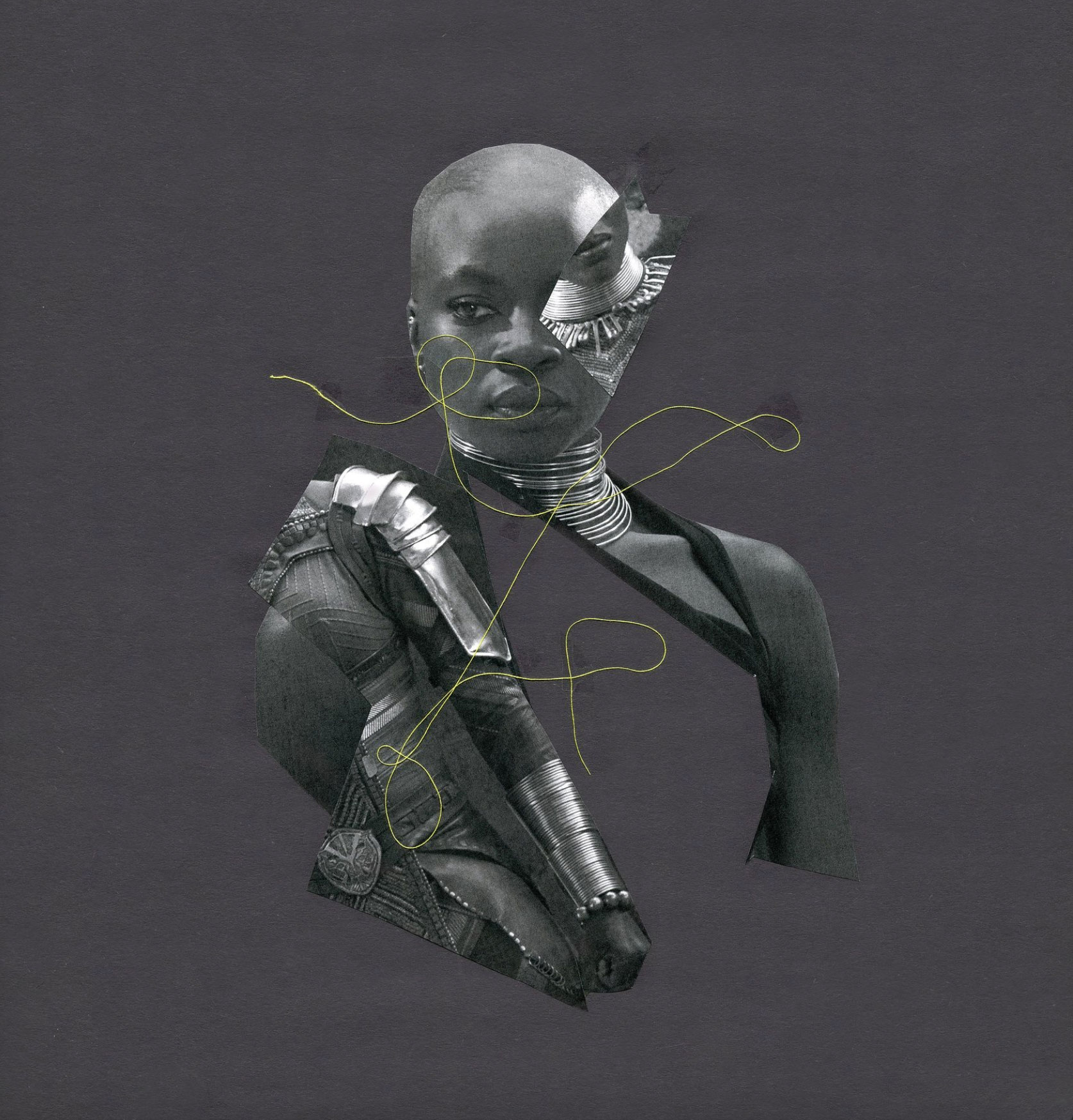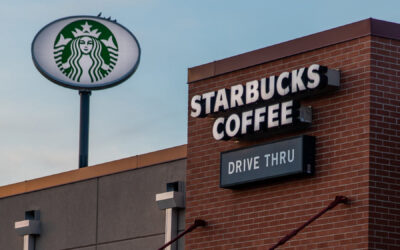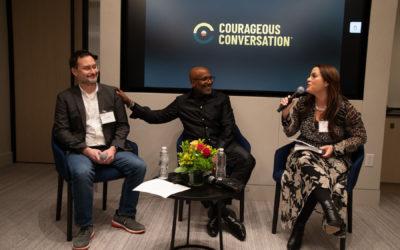By Carvell Wallace—Feb. 12, 2018
The Grand Lake Theater — the kind of old-time movie house with cavernous ceilings and ornate crown moldings — is one place I take my kids to remind us that we belong to Oakland, Calif. Whenever there is a film or community event that has meaning for this town, the Grand Lake is where you go to see it. There are local film festivals, indie film festivals, erotic film festivals, congressional town halls, political fund-raisers. After Hurricane Katrina, the lobby served as a drop-off for donations. We run into friends and classmates there. On weekends we meet at the farmers’ market across the street for coffee.
The last momentous community event I experienced at the Grand Lake was a weeknight viewing of “Fruitvale Station,” the 2013 film directed by the Bay Area native Ryan Coogler. It was about the real-life police shooting of Oscar Grant, 22, right here in Oakland, where Grant’s killing landed less like a news story and more like the death of a friend or a child. He had worked at a popular grocery, gone to schools and summer camps with the children of acquaintances. His death — he was shot by the transit police while handcuffed, unarmed and face down on a train-station platform, early in the morning of New Year’s Day 2009 — sparked intense grief, outrage and sustained protest, years before Black Lives Matter took shape as a movement. Coogler’s telling took us slowly through the minutiae of Grant’s last day alive: We saw his family and child, his struggles at work, his relationship to a gentrifying city, his attempts to make sense of a young life that felt both aimless and daunting. But the moment I remember most took place after the movie was over: A group of us, friends and strangers alike and nearly all black, stood in the cool night under the marquee, crying and holding one another. It didn’t matter that we didn’t know one another. We knew enough.
On a misty morning this January, I found myself standing at that same spot, having gotten out of my car to take a picture of the Grand Lake’s marquee. The words “Black Panther” were on it, placed dead center. They were not in normal-size letters; the theater was using the biggest ones it had. All the other titles huddled together in another corner of the marquee. A month away from its Feb. 16 opening, “Black Panther” was, already and by a wide margin, the most important thing happening at the Grand Lake.
Marvel Comics’s Black Panther was originally conceived in 1966 by Stan Lee and Jack Kirby, two Jewish New Yorkers, as a bid to offer black readers a character to identify with. The titular hero, whose real name is T’Challa, is heir apparent to the throne of Wakanda, a fictional African nation. The tiny country has, for centuries, been in nearly sole possession of vibranium, an alien element acquired from a fallen meteor. (Vibranium is powerful and nearly indestructible; it’s in the special alloy Captain America’s shield is made of.) Wakanda’s rulers have wisely kept their homeland and its elemental riches hidden from the world, and in its isolation the nation has grown wildly powerful and technologically advanced. Its secret, of course, is inevitably discovered, and as the world’s evil powers plot to extract the resources of yet another African nation, T’Challa’s father is cruelly assassinated, forcing the end of Wakanda’s sequestration. The young king will be forced to don the virtually indestructible vibranium Black Panther suit and face a duplicitous world on behalf of his people.
This is the subject of Ryan Coogler’s third feature film — after “Fruitvale Station” and “Creed” (2015) — and when glimpses of the work first appeared last June, the response was frenzied. The trailer teaser — not even the full trailer — racked up 89 million views in 24 hours. On Jan. 10, 2018, after tickets were made available for presale, Fandango’s managing editor, Erik Davis, tweeted that the movie’s first 24 hours of advance ticket sales exceeded those of any other movie from the Marvel Cinematic Universe.
The black internet was, to put it mildly, exploding.
Read more at The New York Times Magazine.




